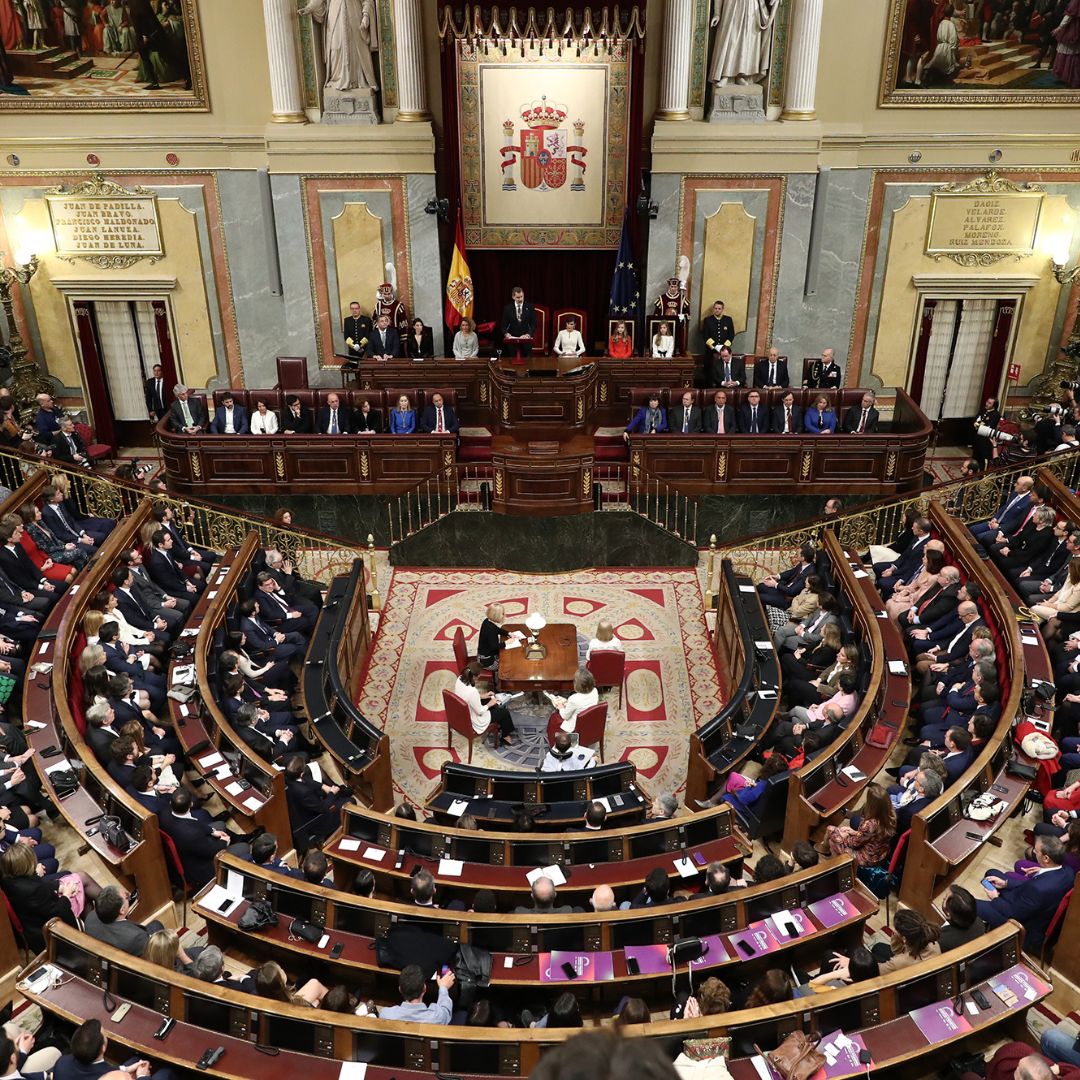On Thursday 1 December, the Congress of Deputies finally approved the Draft Law on the Evaluation of Public Policies of the State Administration, a law that aims to promote a genuine culture of evaluation by establishing the systematisation of the evaluation of public policies. To analyse the political measures implemented by the executive branch.
The project was approved by the Council of Ministers in may of last year, he spent all public hearings and was submitted to the Parliament, where they began all parliamentary processes, including the approval in the Senate and now the final approval in the House of Commons.
The ratification of this rule constitutes one of the milestones of the Component 11 Modernisation of the Public Administrations of the Plan of Recovery, Transformation, and Resilience, in particular the Milestone 146 related with the promulgation of the said law.
Inclusions in the parliamentary process
Among the new features introduced in the parliamentary procedure emphasizes the prevention of and fight against depopulation and the demographic challenge. For this reason, it has added an additional provision, which contains the government's drive to implement the Mechanism of Warranty Rural. In this way, the demographic challenge was included in the standard as one of the technical aspects to be considered in a more general way in the design of public policies, becoming the criterion of public interest for the assessment and included in the elements of the code of ethics of the evaluation team.
Another new feature is the obligation of devoting a starting economic to each of the evaluation project to its completion, which shall be clearly specified in the contract evaluation and adapted to the real needs.
The obligations also are expanded in terms of transparency. The final evaluation reports and the annual report will be published in the transparency portal.
The Objectives that we seek to reach
With this policy, the evaluation of public policies should serve to make more efficient allocation of resources, and optimize the decision-making process; to Promote innovation in the actions of the public sector-oriented management moderna and useful to solve the problems and social challenges; and to advance in the control of responsibilities and accountability.
The standard introduces a cross-cutting approach, comprehensive and participatory at the time of measuring the impact of public policies on the citizens. In this way, we strengthen the capacities of the public system for the evaluation of public policies in the management of the general government, by providing tools to analyze the impact of policies with a more comprehensive approach to the budget or expenditure.
In this way, taking into account other variables such as the gender perspective, the balance generation, the demographic challenge, the digital transformation or social and ecological sustainability. We also added other variables in the parliamentary process, such as child-related employment, or social justice.
Compliance with international regulations
All with the aim of improving the formulation of public policies and its implementation. The goal is to improve the quality, effectiveness, and stability of these policies.
In this way, it meets the requirements of the Organization for Economic Cooperation and Development (OECD) and the European Union, in order to advance the process of institutionalization of the evaluation of public policies and to equip Spain of a normative framework that regulates the matter.
The evaluation of public policies is consolidated as a tool to improve and meet the government's policies, to encourage the taking of decisions, suggest possible corrections and, in the end, accountable to the citizenry. In this sense, is not part of zero as the Independent Authority for Fiscal Responsibility (AIREF) has a long-standing experience in the control of public spending. However, the new standard seeks to expand this assessment with an approach that is more cross-sectional.

